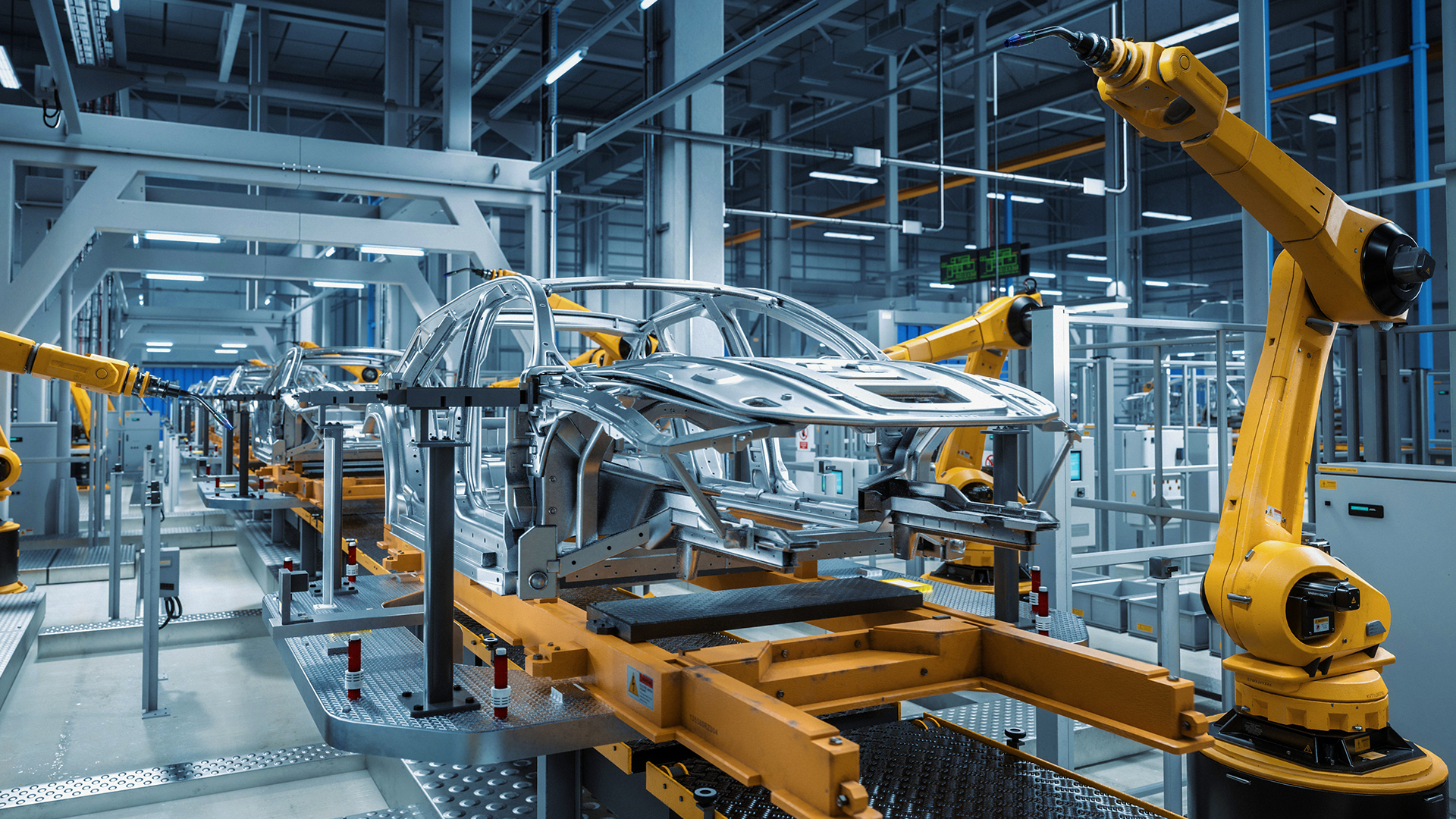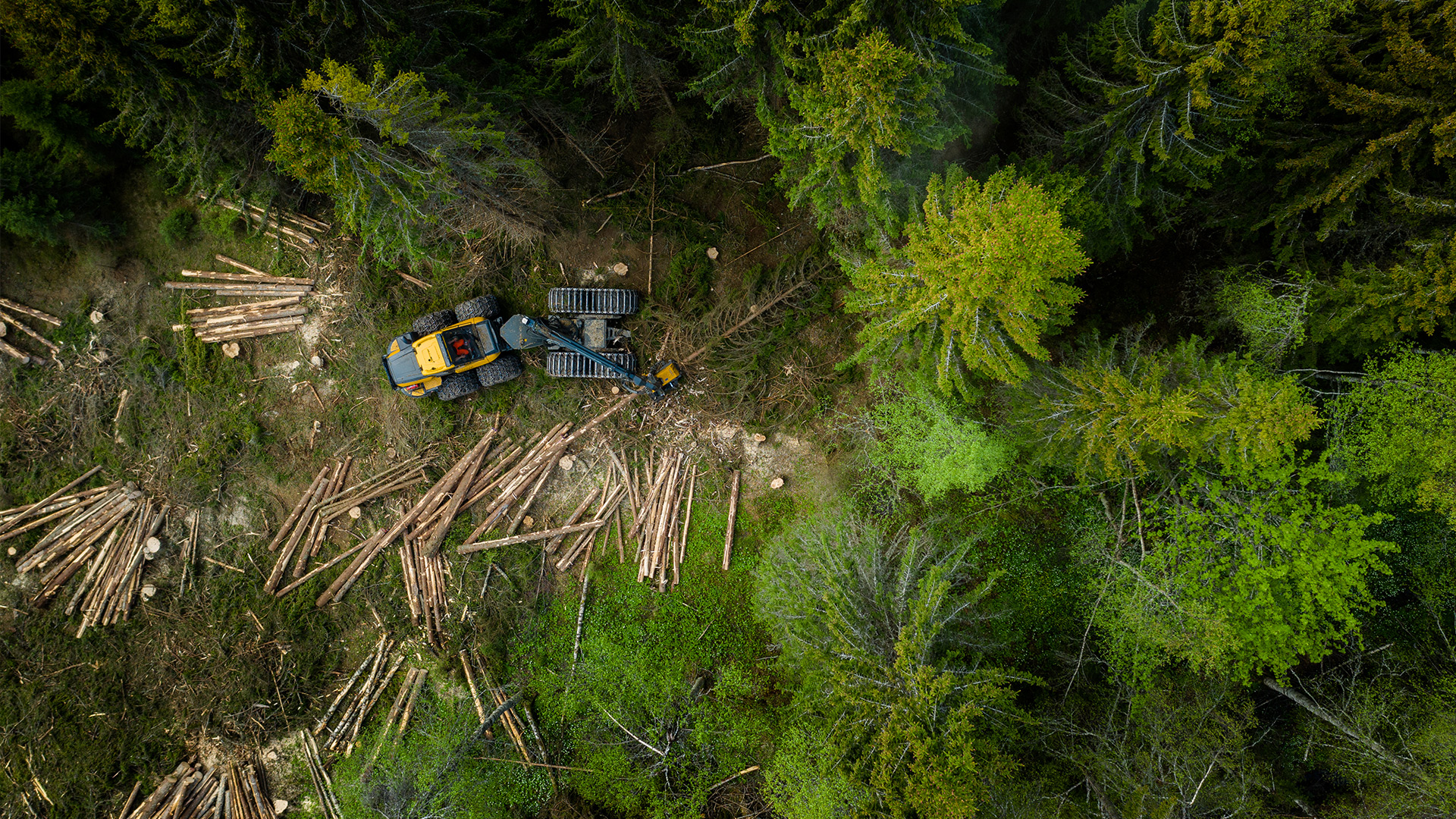Made in Italy: From Renewables to Robotics, Italian Manufacturing Is Powering Progress
Italy’s economy is firing on all cylinders as exports surge and foreign investment streams in.
Famed for its antiquities, fashion and food, Italy is also a powerhouse of high-tech innovation and manufacturing. As the world’s fifth-largest manufacturing nation and Europe’s second-largest after Germany, Italy makes and exports everything from pharmaceuticals and medical devices to ships, cars, machinery, software and high-tech engineering.
The country’s thriving entrepreneurial culture makes it an attractive choice for overseas investors keen to tap into its skilled workforce, innovative business environment and reforms aimed at facilitating investment and reducing bureaucracy.
Italy ranks as the seventh most attractive nation globally for foreign direct investment (FDI)—moving up one rank since 2021—according to executives surveyed by Kearney for the 2022 FDI Confidex Index, which shows the nation’s strong appeal among foreign investors.
“Italy’s core values are quality, the relentless pursuit of excellence and creativity,” says Ambassador Lorenzo Angeloni, Director General for Country Promotion at Italy’s Ministry for Foreign Affairs and International Cooperation. “Our ability to combine these values with great industrial capacity and an abundance of skilled human capital makes our country an ideal destination for foreign investors.”
In a push to both boost exports and promote Italy as an investment destination, Italy’s Ministry for Foreign Affairs and International Cooperation has undertaken an international branding campaign using the slogan “Italy is simply extraordinary,” and inviting the world to “BeIT.” The campaign seeks to expand the awareness of “Made in Italy”—already synonymous with high-quality, prestigious products—and showcase the nation’s leading industries, and promotes a modern vision of Italy as a cutting-edge economy at the forefront of technology and innovation.

With more than 105,000 high-tech companies, Italy has the fastest-growing life sciences sector in Europe and is a leader in machinery, renewable energy, pharmaceuticals and robotics.
The country has become a hub for overseas investment in areas including industrial and agricultural machinery and health care. Italy is Europe’s biggest pharmaceuticals manufacturer, overtaking Germany in 2018, with revenues of more than €30 billion a year. The country has more than 4,000 medical device companies producing a turnover of some €16.7 billion annually, including €5.7 billion of exports.
Crucial to Italy’s success in life sciences is a strong health care startup culture, aided by significant government support. Offering a workforce of some 65,400 employees with high-level qualifications in areas such as biotech, Italy is Europe’s top destination for FDI in life sciences. Some 60% of pharmaceutical companies based in Italy are foreign-owned.
A booming area of development in the health tech sector is the gene sequencing market, which has created innovations in diagnostics, therapeutics—especially for cancer—biomarkers and forensics. South Korea’s Macrogen, one of the world’s top five gene sequencing providers, has established a research laboratory and offices in Milan to tap into growing demand from Italian customers.

A strong attraction of Milan for Macrogen and other innovators is Human Technopole, a research institute for life sciences that opened in 2019 and aims to increase private and public investment in health research. The facility has helped cement the district’s reputation as a health care hub with highly qualified researchers and industry know-how.
Meanwhile, Sensoria Health, a US health-tech company in Redmond, Va., has also made a significant investment in Italy’s medical equipment market. The company is a leading developer of connected garments and wearables that monitor and treat health conditions, and its innovations include a smart knee brace with monitoring and rehabilitation functions and a smart wristband that tracks a patient’s temperature, heart rate and blood oxidation, and checks for Covid-19 symptoms.
Sensoria Health has opened its first overseas research and development center in Naples, where it will further develop its line of biometric-sensing garments and artificial intelligence software. The company also plans partnerships with textile, clothing and fashion companies in Italy.
Everyone is familiar with the sleek Italian-made espresso machines that sit on the bars of coffee shops worldwide. But Italy’s machinery and equipment sector goes much further than great coffee makers, and in 2019, the total annual revenue of Italy’s machinery and equipment sector hit €124 billion, including €8.8 billion from manufacturing agricultural and forestry machinery.

This sector is a strong draw for investments from overseas manufacturers. Freud SpA, part of German engineering company Bosch Group, is a world leader in the cutting tool industry, making sawblades, cutterheads and boring, drilling and router bits. Established in 1962 in the furniture-making district of northeastern Italy, its headquarters in the industrial area of Udine is one of the most modern product development research centers for cutting tools in Europe.
Another success story has been an investment by Ebara Pumps Europe, a subsidiary of Japan’s Ebara Corporation and a leading manufacturer of electric pumps for Europe’s industrial and domestic market. Ebara Pumps Europe is headquartered in Brendola, in northern Italy, to take advantage of the local skilled workforce, and it has built a large new plant in Gambellara, Vicenza, with 27,000 square meters dedicated to production and 4,000 square meters of offices.
Companies operating in Italy have access to a wide network of small and medium-sized businesses and manufacturing clusters across the country that can supply high-quality products and services to help businesses succeed. In its drive to attract FDI, the government is implementing structural reforms to make life easier for businesses, and introducing “areas of strategic national interest” that target investments of more than €400 million in strategic sectors such as microelectronics, hydrogen, batteries and supercomputing. Bureaucracy is being simplified, and the government has special powers to step in to speed up the completion of investments in the event of delays.
“Through this combination of values, expertise, reforms and regulatory simplification, Italy is becoming increasingly attractive in the eyes of foreign investors,” says Angeloni. “Our centrality in the European Union, our manufacturing excellence and our values are strong reasons to choose our country.”
Of course, Italy’s great restaurants, alluring lifestyle and modern cities strewn with ancient ruins add to these investment attractions—all encouraging overseas investors to “BeIT” and get involved with this simply extraordinary country.
